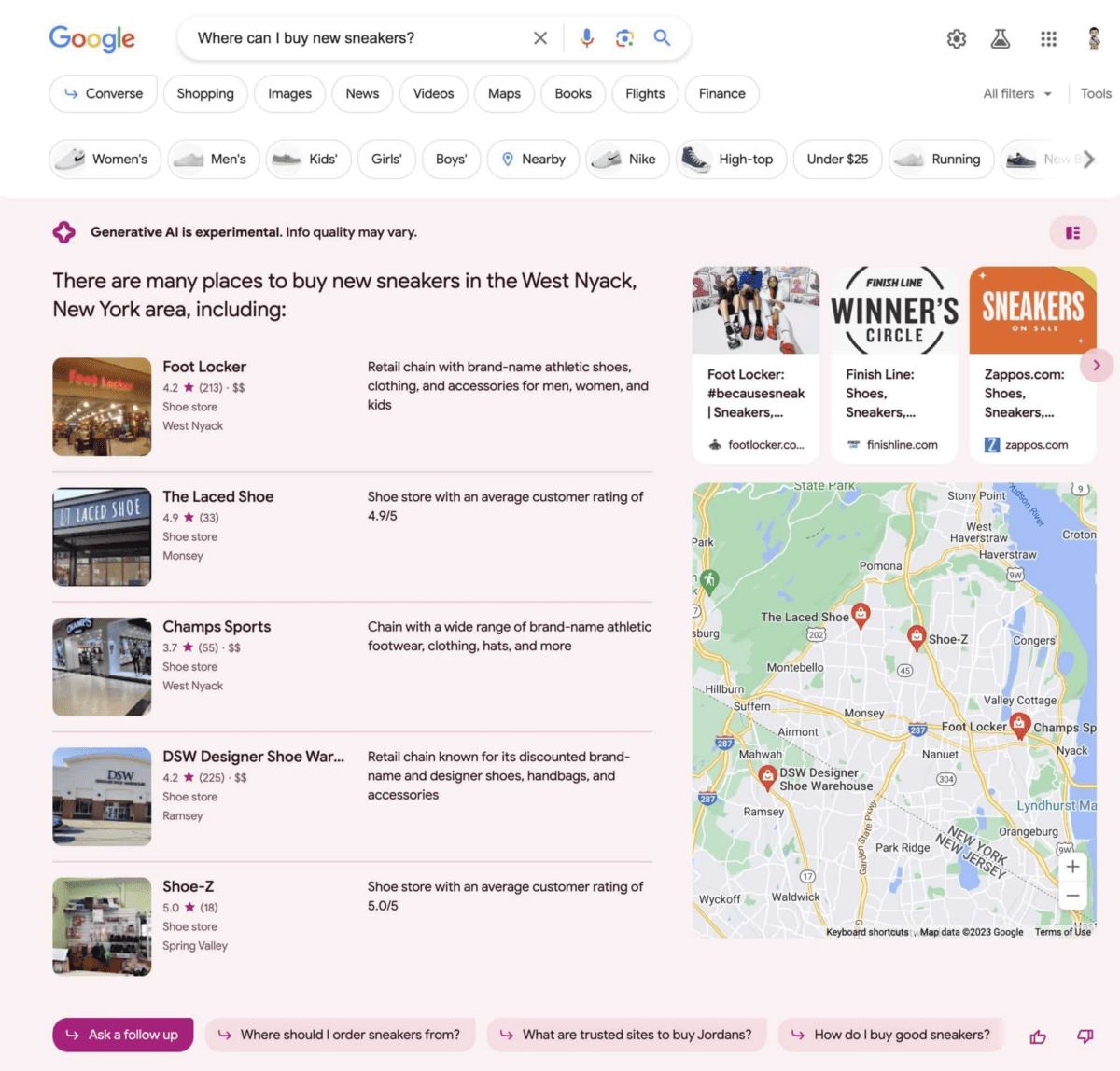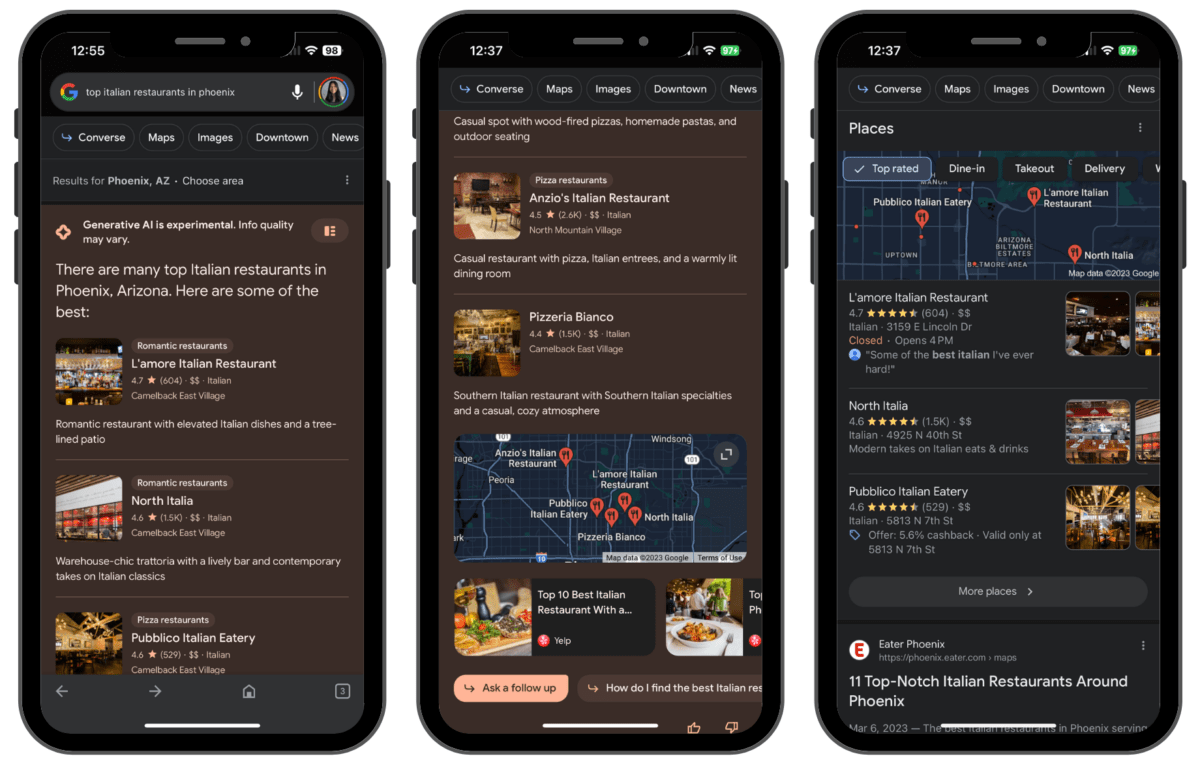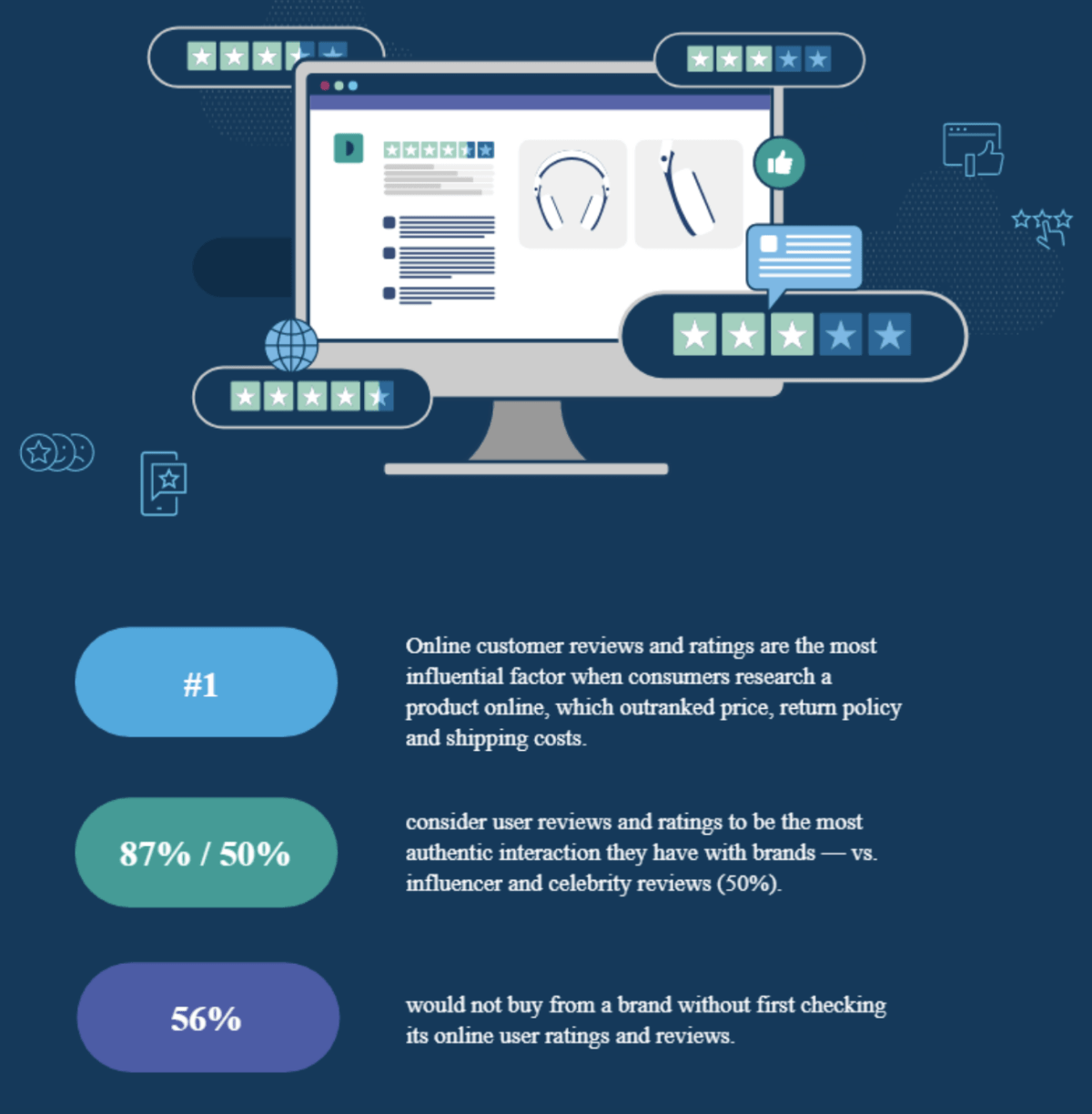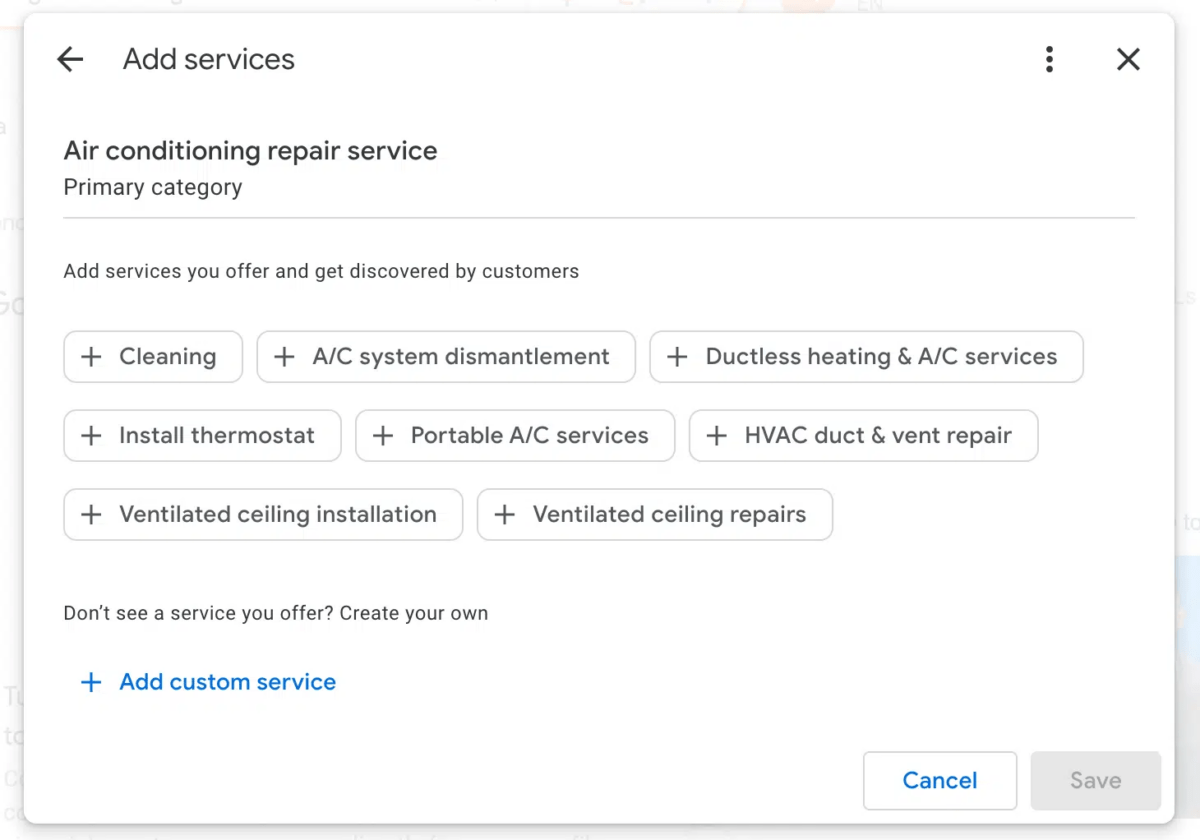What Are AI Agents? And Why Are They Critical to Local Marketing Success?
Local Memo: Google Opens Access to AI-Powered Search Generative Experience
Local Memo: Google Opens Access to AI-Powered Search Generative Experience
In this week’s post, learn about the rollout of Google’s new Search Generative Experience (SGE); the impact of SGE on local search; AI and the death of traditional search; a bug preventing GBP users from adding new owners; the influence of reviews on the purchase journey; and using GBP services to boost local ranking.
Google Opens Access to AI-Powered Search Generative Experience
Google has begun rolling out access to the new Search Generative Experience (SGE) interface announced at the company’s recent I/O conference. Reports indicate that access is being granted first to Google One subscribers at the Premium level, though any user can sign up for the SGE waiting list by visiting labs.google.com/search.
As we’ve discussed previously, SGE constructs AI-powered responses to search queries compiled from web content, helping users get quick answers to questions by summarizing information from various sources and providing links to learn more. Users can ask follow-up questions rather than starting over again with different keywords as in traditional search, at which point SGE invokes a conversation mode. Google has a new blog post outlining the basic features.
Search Engine Land has compiled a long list of SGE results for queries on various topics, showcasing the tool’s capabilities in offering instructions for changing a tire, suggesting what medicine to take for a headache, recommending an Italian restaurant, and so on. Shopping queries offer particularly rich results, with filters allowing the user to drill down by brand, price, product type, and local availability.
Another review from Abner Li at 9to5 Google opines that SGE’s snapshots are useful, informative, and relevant enough to make it unnecessary to scroll down to the organic SERP in most cases.

SGE response to a shopping query, courtesy Search Engine Land
The Impact of SGE on Local Search
Many commentators have weighed in on the local results in Google’s new SGE interface since access began rolling out. For local queries, SGE is returning a somewhat familiar local pack result which varies between three and five results, often providing additional contextual information. The order of the results does not always seem to match what would have been shown in a typical local pack. One notable feature of SGE local results is the inclusion of prominent third party links to sites like Yelp and OpenTable, above the map on desktop or below it on mobile. Though users can ask follow-up questions, some of which are suggested by SGE based on the context of the query, there is no “More Businesses” button linking to the local finder. However, the traditional local pack is typically shown beneath the SGE snapshot window at the top of the organic results, giving users two ways to access local information.

Local search using SGE on mobile, courtesy Search Engine Journal
AI and the Death of Traditional Search
In a recent interview, DeepMind co-founder Mustafa Suleyman suggested that Google search as we know it today will be a thing of the past within the next decade, with conversational search represented by the rise of ChatGPT, Bard, and SGE arising to take its place. DeepMind, a pioneer of modern AI, was acquired by Google in 2014.
Suleyman said that “conversation in natural language” will replace the habit we’ve grown accustomed to of writing multiple queries and scanning through links to gather information. He sees a future where “succinct, dynamic, personalized, interactive moments” will define the new search experience. Google CEO Sundar Pichai expressed similar sentiments recently when he said that search will “evolve substantively over the next decade” due to a new imperative to be “more ambiently available to users in radically different ways.”
Bug Prevents GBP Users from Adding New Owners
A bug is currently preventing Google Business Profile users from inviting another user to be the owner of a listing. Users can be invited to assume a manager role, but not the role of owner. This is said to be a widespread issue affecting multiple users.
The Influence of Reviews in the Online Purchase Journey
A new consumer study from Emplifi, in collaboration with Harris Interactive, finds that reviews from fellow consumers have a larger influence on purchase decisions than other sources, with 87% of respondents finding them more impactful than brand ads or celebrity endorsements. In fact, online reviews were cited as the most influential factor in making a purchase, more important than price, return policy, or shipping cost. Some 56% of respondents said they wouldn’t buy from a brand without checking its reviews first, and 54% said they value photos and videos of real consumers showcasing or talking about their purchases.

Section of infographic showcasing Emplifi study results
Using GBP Services to Boost Local Ranking
Elizabeth Rule from Sterling Sky has posted a comprehensive article on Search Engine Land about using GBP services (sometimes called service attributes) to boost local rankings — a tactic that has shown positive results in recent tests from Sterling Sky, Whitespark, and others. Services, which list the detailed offerings your company provides in relation to your primary and secondary Google categories, come in two forms. The types of services that can boost a listing’s local ranking are pre-defined services.
Pre-defined services associated with a business category may be already present in your listing, leaving you only to click to turn them on where applicable; whereas free text services can be entered for any business category when no appropriate pre-defined service is available. Some categories do not currently have pre-defined services associated with them, but Google does add new pre-defined services from time to time. Pre-defined services, at least some of which Google may add to listings based on queries typed in by actual users, can also help with onsite SEO optimization, suggesting keywords you should highlight on your website or local landing pages if your business provides that service.

Courtesy Elizabeth Rule / Search Engine Land




